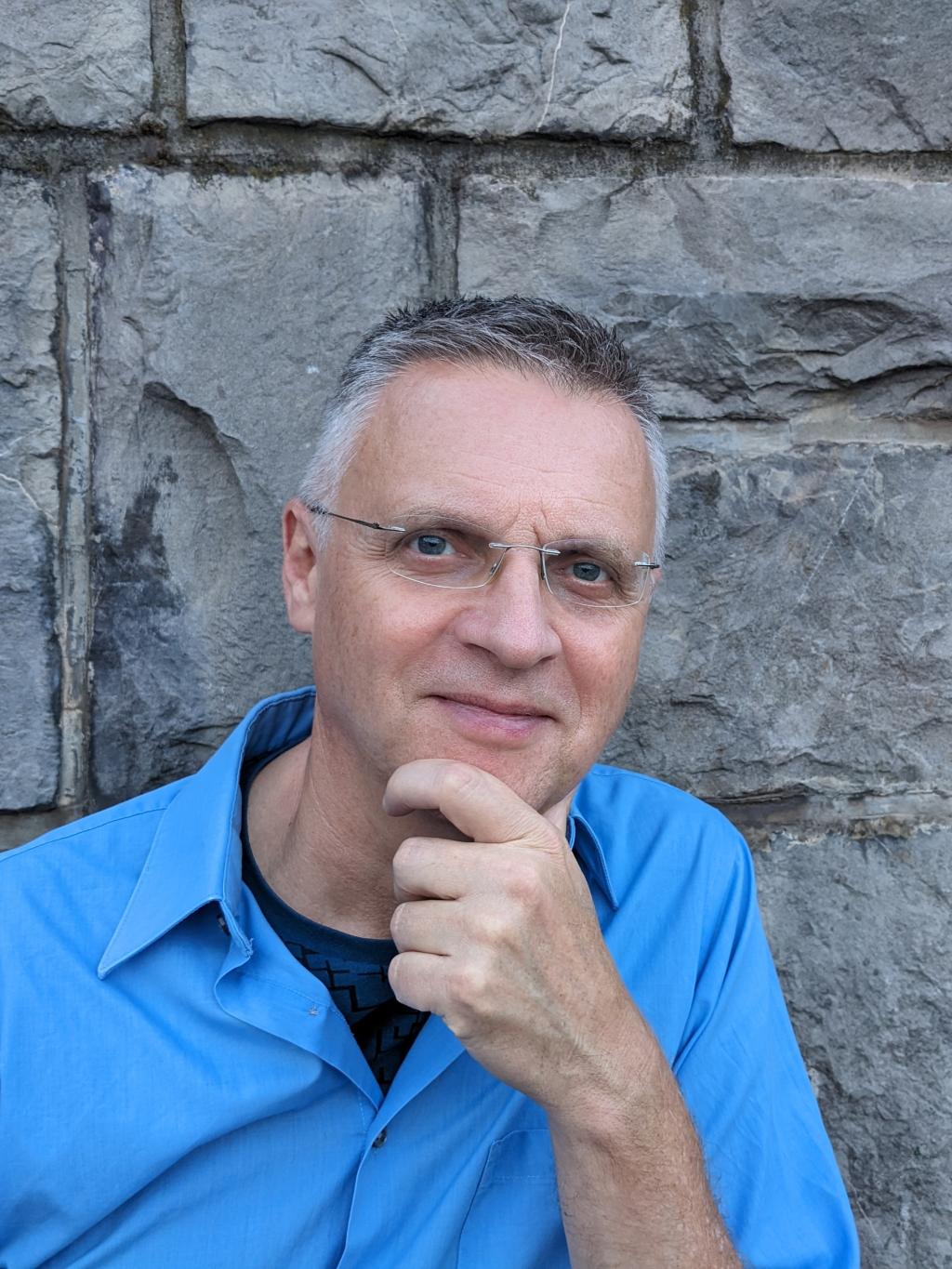1st HCIAS Symposium on Ibero-American Studies
Communication in Polarized Societies
4 – 6 December 2023 at the Internationales Wissenschaftsforum Heidelberg, Germany
The 1st HCIAS International Symposium was organized to provide a space for exchanging approaches and broadening our understanding of communication in polarized societies.
Communication varies among the social contexts it is used in, from politics to public health, the environment, security, business and commerce, and science and technology, among others. Effective communication in all of these social spaces becomes even more crucial during periods of change or crisis. The recent succession of global crises and transformations, such as political and religious fundamentalism, the increasing impact of climate change, pandemic outbreaks, and the rise of radical populism, highlights the fundamental need for communication in modern societies to be effective and reliable.
Public communication, in particular, reflects societal change and offers a platform for political and social polarization, and the advance of radicalism and populism. Prominent examples of this are the malicious use of propaganda and communicative dynamics in social media that generate hate speech and disinformation. Phenomena like fake news, for instance, are undermining the very concepts of ‘public sphere’ and ‘public communication’ and question the possibility of effective and reliable communication based on contrasted facts.
The 1st HCIAS International Symposium addressed the study of communication and its multiple socio-political implications in Ibero-American societies. Ibero-America, with its imbrications within the region and with other regions of the world, is characterized by highly dynamic, socio-cultural processes of transformation in which the role of communication is decisive.
The symposium adopted an interdisciplinary perspective in order to reveal the analytical potential of the framework of societal communication, especially regarding the analysis of transversal issues such as democratization and democratic backsliding, polarization, or trust. It also highlighted the capacity of area studies to analyze and interpret contemporary communication phenomena based on profound regional knowledge.
Participants contributed theoretical, methodological, and empirical research across four main subfields:
1. Political Communication and the Public Sphere
Contributions in this section adressed how the discourses of the media, political parties, social movements, or the users affect political participation or supports democracy and social polarization; how social media shapes political communication beyond traditional channels (such as legacy news media, election programs, press releases, etc.); and what political narratives and counter-narratives look like and how they play out under the conditions of contested issues and events.
2. (Inter-)cultural Communication
The papers presented in this section focussed on how cultural values are being described and interpreted in social communication; how cultural and socio-economic factors interact in the processes and products of public communication; and what individual or situational obstacles are encountered in cross-cultural negotiation processes during periods of social change or crises.
3. Public Communication, Knowledge Society, and Social Development
This section concerned the orientation of communication in literacy processes in specific world regions and in Latin America, in particular; how knowledge transmission occurs in different contexts; and how communication contributes to development and social justice.
4. Digitalization and Artificial Intelligence in Public Communication
Contributions in this section approached questions of how social media shapes the formation of public opinion in terms of conditions and constraints; what effects communication in digital and social media has on how individuals receive and process news and political information; and how artificial intelligence and machine learning are applied in public communication, and to what ends.
Keynote Speakers
Teresa Correa (PhD in communication, Universidad of Texas at Austin) is full professor in the School of Communication and Literature at Universidad Diego Portales, Chile, where she is also director of the Research Center in Communication, Literature and Social Observation (Centro de Investigación en Comunicación, Literatura y Observación Social, CICLOS UDP, in Spanish). Currently she is the alternate director of Millenium Nucleus on Digital Inequalities and Opportunities (NUDOS in Spanish), principal investigator of Millenium Nucleus Futures of Artificial Intelligence Research (FAIR) and associate editor of the Journal of Computer-Mediated Communication (JCMC). Her research agenda focuses on three lines: (1) access and uses of digital technologies with a focus on digital inequality, (2) online activism and social justice, and (3) media sociology. Her investigation -which has been published in more than 50 journal articles and book chapters- has been funded by the Millenium Science Initiative, Fondecyt, International Development Research Centre, Canada; Bloomberg Philantropies, FAO, and the American Association of Family and Consumer Sciences. She was also Tinker Visiting Professor at the University of Wisconsin-Madison in 2018-2019.
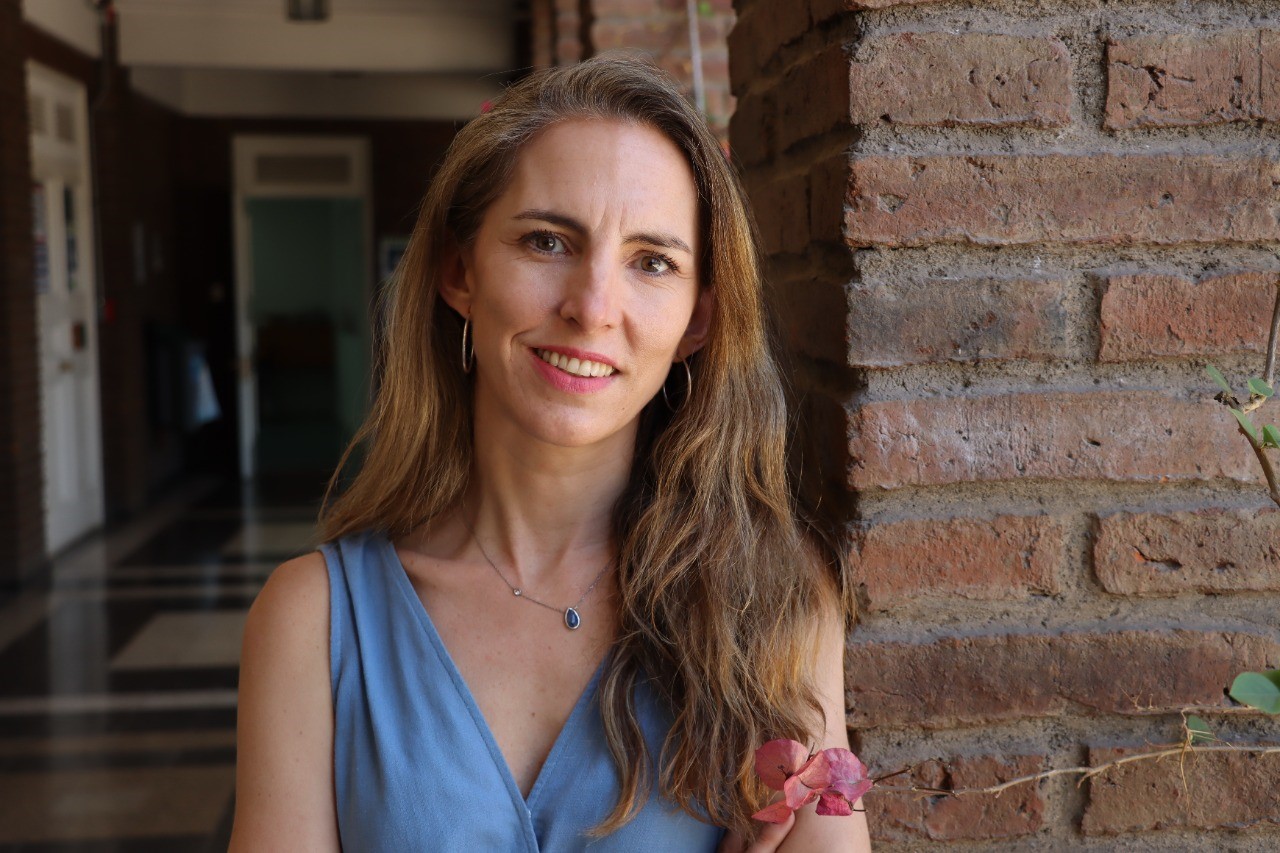
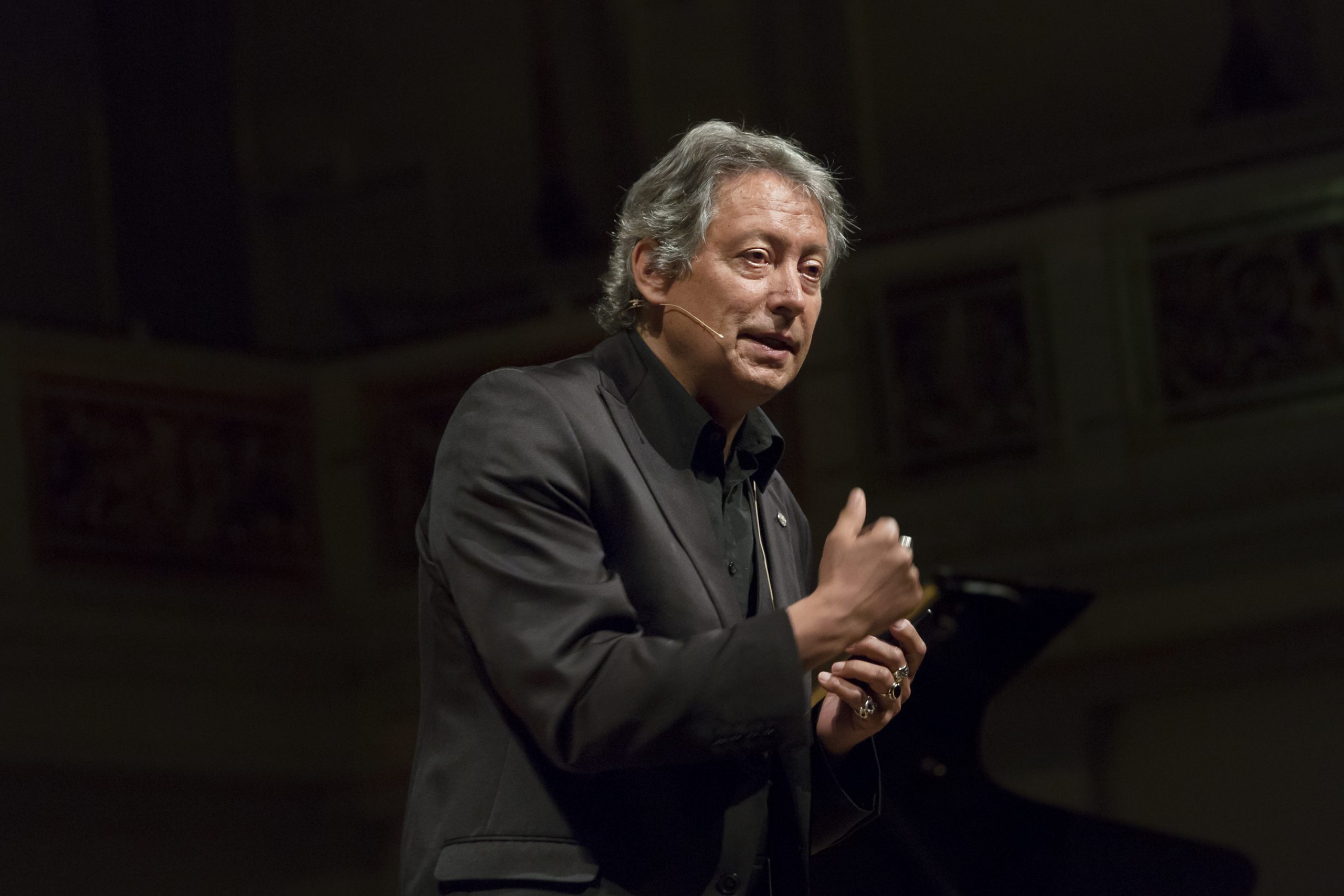
Ottmar Ette (PhD, University of Freiburg) is an expert in Cultures and Globalization. He has been Chair of Romance Literature at the University of Potsdam, Brandenburg since 1995. He has been a visiting professor in various countries of Latin America and in the USA. Since 2013, he has been a member of the Berlin-Brandenburg Academy of Sciences and Humanities and member of the “Leibniz-Sozietät der Wissenschaften zu Berlin“. He also has been a regular member of the Academia Europaea since 2010. In the same year, he became Honorary Fellow at the Institute of Modern Languages Research at University of London School of Advances Studies. In 2004-2005, Ottmar Ette was a fellow at the Wissenschaftskolleg zu Berlin Institute for Advanced Study. Further fellowships brought him to the Bayreuth Academy of Advanced African Studies and the Freiburg Institute for Advances Studies (FRIAS). One of his most renowned books is TransArea: Eine literarische Globalisierungsgeschichte (2012).
Dale A. Koike (PhD, University of New Mexico) is Professor Emerita of Hispanic and Lusophone Linguistics of the Department of Spanish and Portuguese at the University of Texas at Austin. Her research interests are Discourse Analysis and Pragmatics. She is co-editor of The Handbook of Spanish Pragmatics (with J.C. Félix-Brasdefer, 2020), a special edition on pragmatics for the Journal of Spanish Language Teaching (with E. Gironzetti, 2016), and of the volumes Dialogue in Communities (with C. Blyth, 2015), Pragmatic Variation in First and Second Language Contexts: Methodological Issues (with J. C. Félix-Brasdefer, 2012), and Dialogue in Spanish: Studies in Functions and Contexts (with L. Rodríguez-Alfano, 2010). She is co-author of Lingüística aplicada: adquisición del español como segunda lengua textbook (with C. Klee, 2013, 2nd ed.) and has authored or co-authored book chapters and journal articles in venues such as the Journal of Pragmatics and Modern Language Journal. She is currently the series editor of Spanish and Lusophone Linguistics for Routledge.
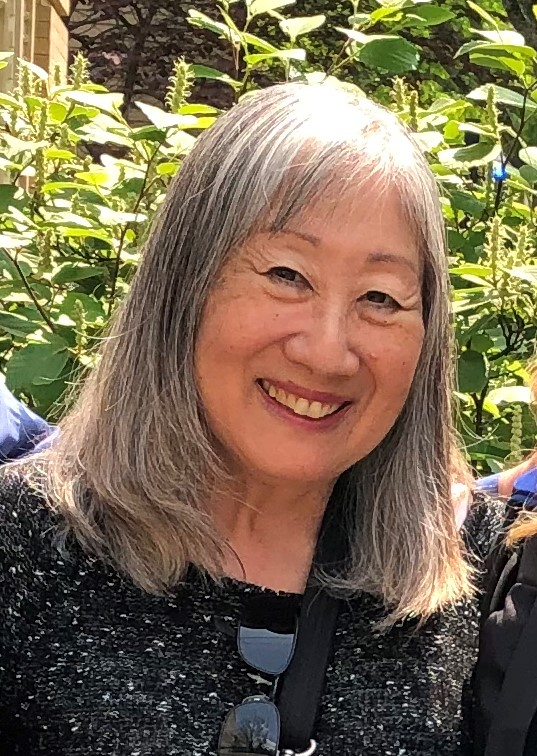
Round Table on Science Communication
Participants
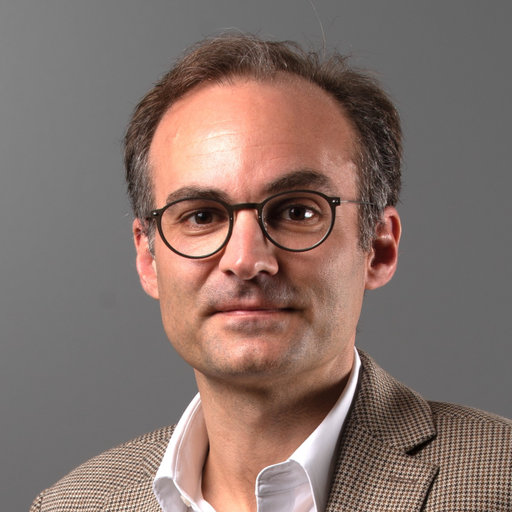
David Kaldewey is professor for science studies and science policy at the University of Bonn and co-spokesperson of the Rhine Ruhr Center for Science Communication Research. He holds a doctorate in sociology from Bielefeld University. He has published widely on the changing relationship of science, society, and politics. His research interests include the identity work of scientists and science policy makers, the crisis of truth as a challenge to science communication, and the sociology of universities in world society.
Jon Chase. Ran by qualified Science communicator and professional science rapper Jon Chase, Rap Science blends together two of his passions, science and music. Using his unique approach to communicating science, Jon engages audiences with music that fuses different elements of science into specially produced raps and videos. Accompanying the raps are various demonstrations and activities that have been incorporated into a selection of imaginatively produced workshops for various ages and abilities. Jon Chase is a science communication practitioner and trainer, author and science rapper, based in the UK but affiliated with Leiden University, Netherlands, where he developed training materials for the EU funded GlobalSCAPE project. He has spent more than fifteen years doing science shows at venues across the British Isles to all audiences and has co-authored a number of popular science books, including The Science of Star Wars and The Science of Jurassic World. He has also presented and talked about science and technology on numerous television and YouTube channels. In 2017 he was awarded the UK’s Josh Award in Science Communication but he’s perhaps best known for his science raps, which he has produced for organisations including NASA and the BBC.
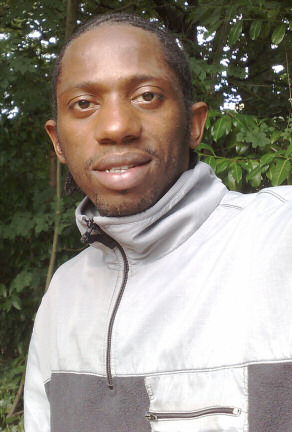

Elena Lázaro Real is a science journalist and holds a Ph.D. in history. She directs the Scientific Culture Unit (UCC+i) of the University of Córdoba and is the author of an unofficial biography of the neuroscientist Pío del Río Hortega. She received the “María Zambrano” award for the best doctoral thesis on feminist topics for her work on the sexuality of Spanish women at the turn of the 20th century and the Celia Amorós Feminist Essay Award from the Women’s Institute for her essay Feminismos y sexo. Una mirada histórica al origen del pensamiento feminista español sobre el deseo sexual de las mujeres.
She is a member of the “Comisión Permanente de la Red Divulga de CRUE Universidades”. From October 2019 to October 2023, she was president of the “Asociación Española de Comunicación Científica”. Since then, she is member of its Board.
Martin Enserik is deputy newsroom director at Science magazine. He holds a master’s degree in Biology from the University of Groningen (The Netherlands) and has experience as a journalist working for Science since 1999 in Washington D.C. and Paris. His work focuses on global health, infectious diseases, research ethics, misconduct, research funding, and scientific publishing. As part of SjCOOP, a training program run by the World Association of Science Journalists, he mentored four African science journalists for two and a half years and co-wrote an online training course with Helen Branswell called Covering Ebola. He contributed to the anthology A Tactical Guide to Science Journalism (Oxford University Press), published in 2022, as the author of the chapter Narrative Reporting Abroad.
